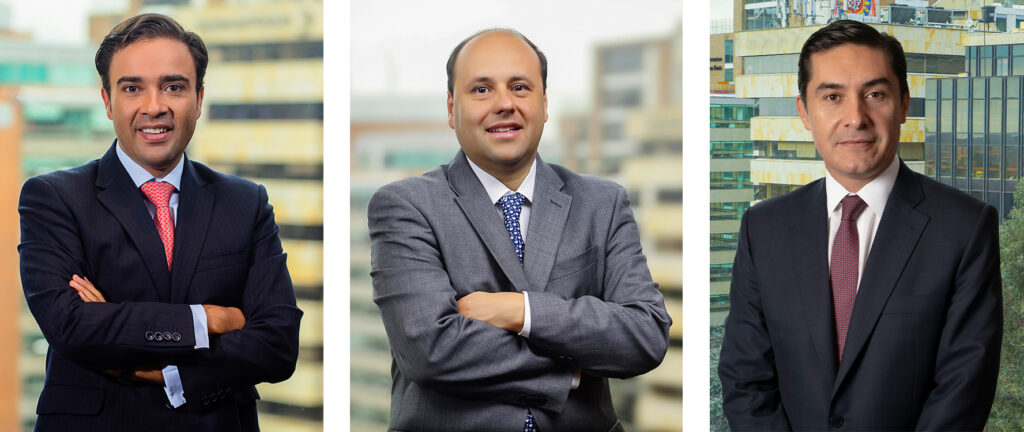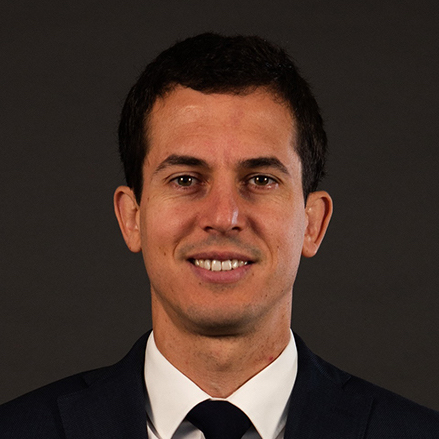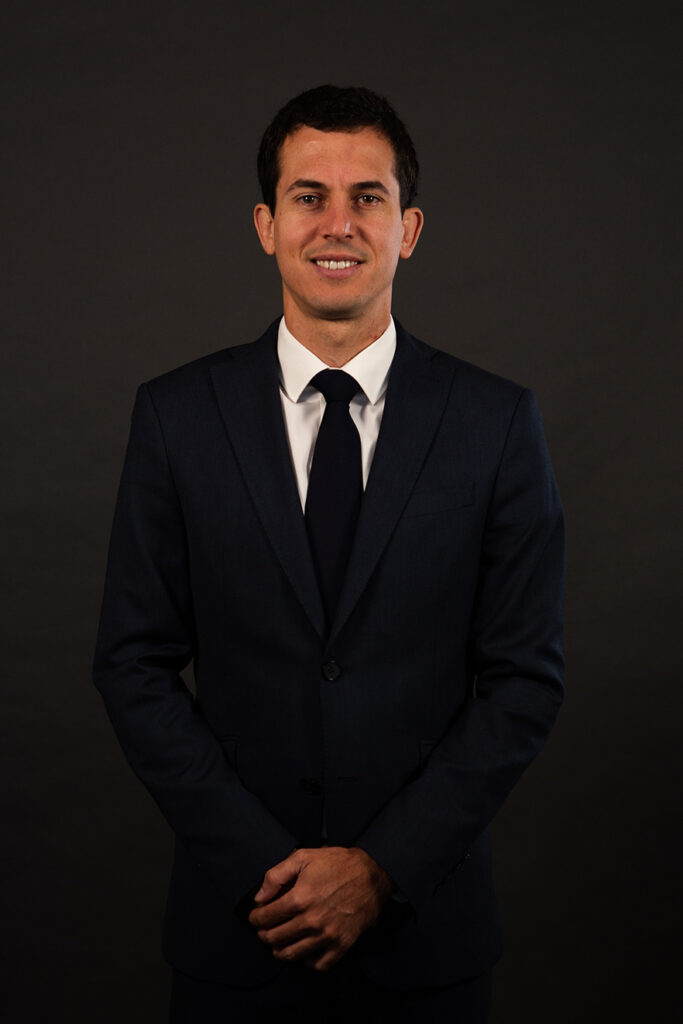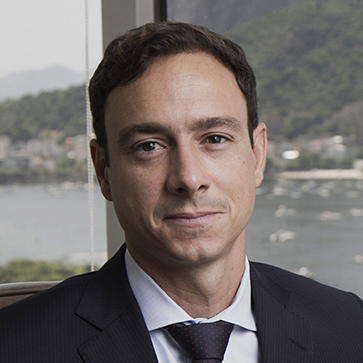TTR Dealmaker Q&A con Felipe Quintero, Juan Manuel de la Rosa y Camilo Martínez, socios de DLA Piper Martínez Beltrán

Felipe es socio de las áreas de Corporativo M&A, Banca & Finanzas e Infraestructura.
Tiene amplia experiencia liderando transacciones de fusiones y adquisiciones locales y transfronterizas. Es reconocido por su trayectoria exitosa asesorando a fondos de capital privado y a las empresas de inversión más activas en Colombia y América Latina, así como a las empresas líderes en el sector de consumo masivo, salud, infraestructura y tecnología.
Juan Manuel es socio de las áreas de Corporativo M&A y Banca & Finanzas.
Su práctica está centrada en asesorar a bancas de inversión, fondos de capital privado, search funds e inversionistas estratégicos de primera línea en transacciones de fusiones, adquisiciones y enajenación de activos en Colombia y América Latina.
Camilo es el Socio Director de la Firma. Tiene amplia experiencia asesorando empresas nacionales e internacionales de diversos sectores en importantes transacciones multijurisdiccionales.
Camilo está habilitado para ejercer el derecho en Colombia y en el estado de Nueva York, Estados Unidos. Ha sido reconocido como abogado líder en Colombia por varios rankings como Chambers & Partners, Legal 500 y Leaders League, por su trabajo en Derecho Corporativo y Fusiones y Adquisiciones, Derecho Financiero y Litigios y Arbitraje.
TTR: ¿Cómo describe la situación actual de los players del mercado M&A en Colombia y América Latina con la actual coyuntura política y económica global en el año?
A pesar de la alta incertidumbre por el contexto económico global y la situación política en Colombia, los principales actores de M&A en Colombia todavía muestran interés de inversión en ciertos sectores de la economía colombiana y latinoamericana. En Colombia por ejemplo, a pesar de la reforma tributaria que se discute actualmente en el Congreso y que podría tener un impacto directo en la enajenación de ciertos activos, el sector turismo, salud y tecnología se han posicionado como sectores estratégicos para Fondos de Capital Privado y otros inversionistas estratégicos. Adicionalmente, el fortalecimiento del dólar frente a las principales monedas latinoamericanas ha significado una gran oportunidad para inversionistas extranjeros. Ahora bien, lo cierto es que la inflación y las altas tasas de interés han comenzado a impactar negativamente la actividad de M&A a lo largo de Latinoamérica, especialmente debido a las dificultades que esto representa para el Acquisition Financing. Por otro lado, el riesgo inminente de una recesión en varias de las economías más importantes del mundo puede llevar a ciertos actores del mercado a invertir en activos más conservadores, lo que podría implicar una desaceleración de la actividad de M&A en Latinoamérica en el corto plazo. En conclusión, en este contexto de alta incertidumbre, a pesar de las dificultades actuales propias de la situación económica y política global y local, existen oportunidades de inversión que ciertos actores con exceso de liquidez pueden aprovechar para posicionarse en el mercado latinoamericano.
TTR: ¿Cuáles serán los drivers más relevantes para la consolidación del mercado M&A para Colombia en los próximos meses?
Sin lugar a dudas, los drivers más relevantes en los próximos meses para que el mercado M&A en Colombia siga su proceso de consolidación son de tipo político y legislativo. En la medida en que las reformas que pretende llevar a cabo el nuevo Gobierno, incluyendo, entre otras, la reforma tributaria que cursa en el Congreso de la República y las anunciadas reformas a los sistemas de salud y pensión, no deterioren el clima de inversión y negocios en el país, la reactivación económica post pandemia seguirá atrayendo a inversionistas en búsqueda de oportunidades en mercados emergentes. Igualmente, las medidas que se adopten para mitigar el impacto de las condiciones económicas globales en el mercado local, especialmente en lo que respecta a la inflación y la devaluación, serán muy importantes, así como la capacidad de seguir demostrándole a los inversionistas que el país es fiscalmente responsable y que cuenta con instituciones robustas y un sistema judicial confiable y sólido. Por otra parte, consideramos que otro factor clave para que el mercado de fusiones y adquisiciones colombiano mantenga el dinamismo de los últimos años es el hecho de que los fondos de capital privado e inversionistas institucionales continúan muy activos, tanto en procesos de desinversión que permitirán la entrada de nuevos jugadores, como en la búsqueda de nuevas inversiones en sectores estratégicos como infraestructura y en áreas que pueden tener un gran impulso en los próximos años, como tecnología (especialmente fintech), energía y turismo.
TTR: ¿Cuáles serían los sectores que podrían ofrecer las mayores oportunidades en Colombia y Latinoamérica a los inversores internacionales y por qué?
El sector de tecnología sigue teniendo un dinamismo importante en Colombia y Latinoamérica, especialmente en sectores como Fintech y compañías de captación digital de recursos que se seguirá fortaleciendo. El sector de infraestructura continúa siendo un sector bastante dinámico con interés en project financing, cierres financieros de las concesiones de 5G en carreteras, y adquisición de participaciones mayoritarias por parte de inversionistas en la etapa de operación y mantenimiento en concesiones tanto de carreteras como en transporte eléctrico. Asimismo, hay bastante interés en la región en el sector energético y energías renovables como el desarrollo de parques solares y el desarrollo e implementación de los criterios ESG. Los sectores están recibiendo mensajes positivos de inversión por parte del Gobierno, también se destaca el sector turístico y la recuperación del sector agroindustrial. Finalmente, aunque el sector salud en los últimos meses ha tenido bastante interés, aún continúa algún apetito en las IPS importantes del país más que en jugadores medios-pequeños.
TTR: ¿Cómo afectará el conflicto entre Rusia y Ucrania al sector energético y qué significa esta coyuntura para el mercado de fusiones y adquisiciones en Colombia y América Latina?
El conflicto entre Rusia y Ucrania ha afectado el sector energético en América Latina, igual que a las principales economías del mundo, a través de las presiones inflacionarias y la tendencia alcista en los precios del petróleo y la energía. En Colombia, en particular, dicha tendencia alcista ha ocasionado igualmente un debate respecto de la necesidad de que el Fondo (estatal) de Estabilización de los Precios de los Combustibles (FEPC) – cuyo objetivo es mantener estable el precio del combustible y por tanto beneficiarse en épocas de bonanza y subsidiar el precio en épocas de escasez como las actuales – deje de subsidiar parte de los precios del combustible con el fin de afrontar el déficit actual con el que cuenta debido al alza en los precios internacionales en el sector energético. No obstante, el efecto del conflicto en el alza de los precios internacionales ha creado igualmente grandes oportunidades para las inversiones en el sector energético en Colombia, lo cual se puede evidenciar en el aumento exponencial en las exportaciones de crudo en el país representado en un crecimiento del 76% en el valor de las exportaciones durante el primer semestre del año 2022 respecto del mismo periodo en el año 2021. Lo anterior, por lo tanto, significa que el mercado de fusiones y adquisiciones en Colombia y la región jugará un papel importante en esta coyuntura toda vez que el aumento en los precios internacionales del petróleo, el gas y la energía, sumado al fortalecimiento del dólar frente al peso colombiano, abre una gran posibilidad para que los inversionistas interesados en aprovechar la exportación de dichos commodities desde Colombia y el alza en los precios del sector energético inviertan capital en el país o consoliden las inversiones existentes a través del mercado de fusiones y adquisiciones.
TTR: ¿Cuáles serán los principales retos para DLA Piper Martínez Beltrán en términos de transacciones de M&A en la región para los próximos meses?
Los principales retos para DLA Piper Martinez Beltrán están asociados principalmente a (i) seguir siendo la firma líder en materia de transacciones multi-jurisdiccionales en la región y (ii) continuar acompañando a nuestros clientes en sectores en donde DLA Piper Martinez Beltrán es referente en el mercado legal. En efecto, DLA Piper Martinez Beltrán ha estado actuando, ya desde varios años, como la firma líder en la región en las transacciones que se han ejecutado en varios países de la región. De esta forma, ha liderado varias de las transacciones mas importantes regionalmente principalmente con fondos de capital privado. Así mismo, y teniendo en cuenta la experiencia que ha consolidado en varios sectores, por ejemplo en el sector salud, inmobiliario, tecnología y hotelero, se ha consolidado como experto legal en dichos sectores en varios países de la región, consolidando un equipo multi-jurisdiccional pero así mismo especialista en sectores relevantes.








